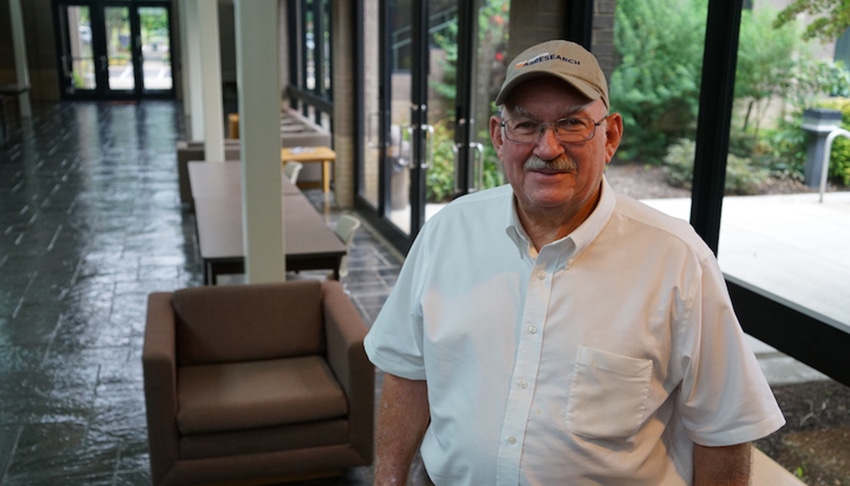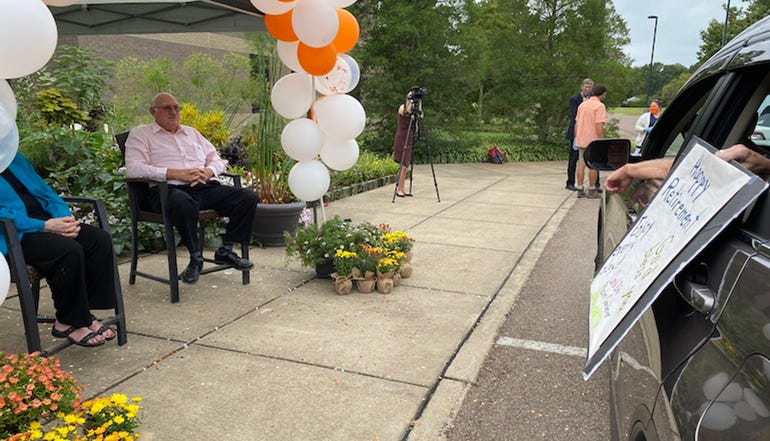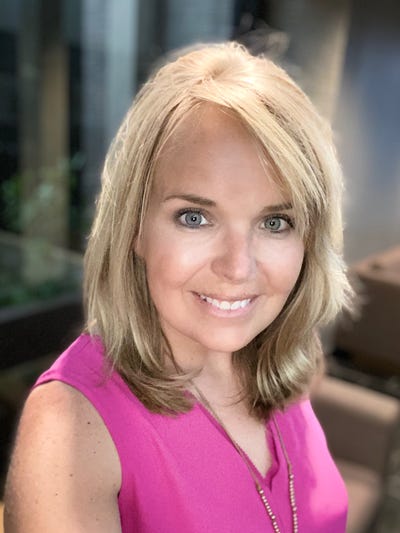
Bob Hayes once told a joke on himself, recalling a time he was introduced as a doctor, “but not the kind of doctor that can do you any good.”
The joke got laughs, but really couldn’t be further from the truth, because Dr. Hayes, a professor of weed science with the University of Tennessee Institute of Agriculture, has made many valuable contributions to agriculture, particularly his research in no-till weed management systems.
He’s retiring after more than 42 years with the university, the last 18 spent as director of the West Tennessee Research and Education Center. His departure marks the end of an era — the last of the Tennessee No-Till Team, a group of scientists and Extension specialists whose efforts in the 1970s and 1980s showed farmers how they could park their plows and save their soil.
The early days of no-till research
Hayes joined UT in 1978, tasked with finding a solution to soil erosion in west Tennessee — the region had some of the worst erosion rates in the nation. In an interview at the recent Milan No-Till Field Day Hayes recalled the complexity of weed control when he first arrived.
“Cocklebur and morningglory in soybeans and cotton were terrible, as was johnsongrass in corn,” he recalls. “There was very little no-till. I can remember two farms in Tennessee were planting soybeans behind wheat, but no one was doing corn, because of johnsongrass.
“There were a lot of DNA herbicides, but they all basically had to be incorporated. If you put them on the surface, you were at risk of them not being activated and performing like you needed, especially on johnsongrass. There were just very few tools in the toolbox as far as weed management was concerned.”
There were also very few tools for weed scientists, as Hayes recalls research equipment that would best be described as primitive.
“I had very little equipment. I had a sprayer that had four milk cans on it. You had to mix up each treatment, and it took all day to do a 10-treatment trial.”
Of course, Hayes and his fellow no-till team members persevered, together building a research program that contributed to the sweeping adaption of no-till farming. Today nearly 80% of Tennessee crop acres are farmed using no-till, with another 16% using some form of conservation tillage, according to data collected by the National Agricultural Statistics Service.
“His legacy as a weed scientist has had a tremendous impact on agriculture in Tennessee and the Mid-South,” says Larry Steckel, UT Extension weed specialist. “One has to look no further than all the cotton, soybeans and corn grown with no tillage to recognize this.”

Retirement celebration
Friends and colleagues honored Hayes’ many years of service with a retirement parade in late September. More than 100 vehicles drove through the reception line to offer well wishes at a safe distance due to the ongoing pandemic.
The event was organized in part by Scott Stewart. Stewart, who has spent nearly 20 years as an Extension entomologist with UT, will be succeeding Hayes as director of the West Tennessee Research and Education Center.
“It’s been a blessing to have someone so dedicated and capable of advancing our mission, namely, to help Tennessee agriculture thrive,” says Stewart. “When I interviewed for this job, I told them my goal was to leave it better than I found it, and he didn’t make it easy.”
From acclaimed research scientist to admired research center director, Hayes can enjoy retirement knowing he’s a doctor that’s done quite a bit of good!
About the Author(s)
You May Also Like






